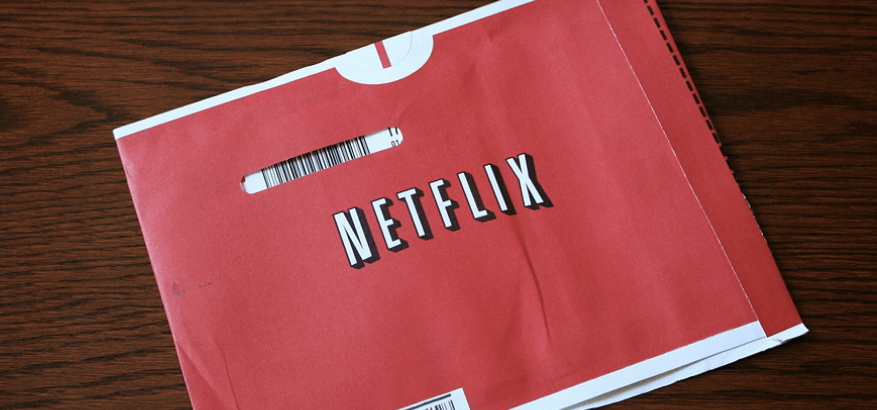When Netflix agreed to pay Comcast as part of a peering agreement in the wake of the legal demise of net neutrality, the landscape of the Internet changed.
Netflix CEO Reed Hastings today published an extensive blog post explaining his and his company’s views on net neutrality and why it now pays an ISP that it feels should be better regulated. The reason? Because it has to:
Netflix believes strong net neutrality is critical, but in the near term we will in cases pay the toll to the powerful ISPs to protect our consumer experience. When we do so, we don’t pay for priority access against competitors, just for interconnection.
How does Netflix define strong net neutrality? Here’s its definition of “weak” net neutrality, to begin:
The essence of net neutrality is that ISPs such as AT&T and Comcast don’t restrict, influence or otherwise meddle with the choices consumers make. The traditional form of net neutrality which was recently overturned by a Verizon lawsuit is important, but insufficient.
Strong net neutrality is sterner stuff, according to Hastings:
Strong net neutrality additionally prevents ISPs from charging a toll for interconnection to services like Netflix, YouTube, or Skype, or intermediaries such as Cogent, Akamai or Level 3, to deliver the services and data requested by ISP residential subscribers. Instead, they must provide sufficient access to their network without charge.
So Netflix wants to take things further and demand that peering agreements akin to what it signed with Comcast to be unnecessary. That’s sensible, given that it’s a growing cost source for the media company.
Quo warranto, you might ask; it’s a fair question. The foundation that Netflix leans upon to dispute the fact that peering agreements are a bad idea is twofold. First, that if Netflix had to fold under pressure and pay up, “imagine the plight of smaller services today and in the future.” This is a rebuttal of the idea that since Netflix can afford the fees, the situation must be just fine. YouTube would have been killed in its crib, I think, under the terms of Netflix’s current reality.
The second part of Hastings’ argument against peering is more complex:
Some ISPs say that Netflix is unilaterally “dumping as much volume” (Verizon CFO) as it wants onto their networks. Netflix isn’t “dumping” data; it’s satisfying requests made by ISP customers who pay a lot of money for high speed Internet. Netflix doesn’t send data unless members request a movie or TV show.
Interestingly, there is one special case where no-fee interconnection is embraced by the big ISPs — when they are connecting among themselves. They argue this is because roughly the same amount of data comes and goes between their networks. But when we ask them if we too would qualify for no-fee interconnect if we changed our service to upload as much data as we download** [** in other words, moving to peer-to-peer content delivery] — thus filling their upstream networks and nearly doubling our total traffic — there is an uncomfortable silence. That’s because the ISP argument isn’t sensible. Big ISPs aren’t paying money to services like online backup that generate more upstream than downstream traffic. Data direction, in other words, has nothing to do with costs.
Netflix here is being impish. The first paragraph above shifts the onus, I think fairly, on Netflix’s traffic quantity from itself to paying customers of the ISP. If those customers didn’t want Netflix, it wouldn’t comprise so much bandwidth. And as the customers are paying the ISP for Internet access, having them turn around and bill Netflix for what they already sold is an odd setup indeed.
The second paragraph is more of a middle finger in print, as you can see. The bit concerning ISPs peering amongst themselves is only applicable to a point.
Comcast released a stern but polite response:
“There has been no company that has had a stronger commitment to openness of the Internet than Comcast. We supported the FCC’s Open Internet rules because they struck the appropriate balance between consumer protection and reasonable network management rights for ISPs. We are now the only ISP in the country that is bound by them.
“The Open Internet rules never were designed to deal with peering and Internet interconnection, which have been an essential part of the growth of the Internet for two decades. Edge providers like Netflix have always paid for their interconnection to the Internet and have always had ample options to ensure that their customers receive an optimal performance through all ISPs. We are happy that Comcast and Netflix were able to reach an amicable, market-based solution to our interconnection issues and believe that our agreement demonstrates the effectiveness of the market as a mechanism to deal with these matters.”
Its point on peering is worth pondering.
I doubt that Netflix will get what it wants in regards to peering, given a lack of precedent for that sort of regulation. But its so-called “weak” net neutrality? That we need very much.
IMAGE BY FLICKR USER Marit & Toomas Hinnosaar UNDER CC BY 2.0 LICENSE (IMAGE HAS BEEN CROPPED)






























Comment